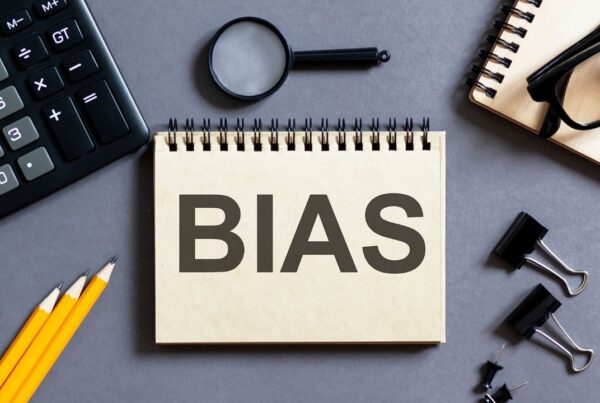In today’s internet-dominant world, keeping private information safe is vital, especially in terms of lawyer confidentiality.
But as we use technology more, it’s getting harder to ensure our messages are secure without risking the secrecy of private information.
Here are five ways lawyers can communicate with their clients and ensure that there’s no breach of confidentiality.
1. Protect Lawyer Confidentiality with Encryption
One of the best ways to keep your messages secure is through encryption.
Imagine encryption like a secret code. It turns a normal message (like a text) into something that looks like gibberish, and the only way someone can understand it is if they have the special key to translate it back into the original message.
This is why it’s so secure – if anyone else gets hold of your message, all they see is the code, not the actual text. This is what we call end-to-end encryption, and it’s considered really secure because only the person sending the message and the person receiving it can read it.
Some common messaging apps that a lot of people use, like WhatsApp, Signal, and Telegram, already have this end-to-end encryption built in.
2. Use Secure Channels to Maintain Lawyer Confidentiality
To keep sensitive information safe, it’s crucial to choose the right tools for communication. Some methods, like regular email, can be pretty risky.
Why? Well, information sent this way can be intercepted and read by others pretty easily. The same goes for some messaging apps – they can be hacked into, allowing cybercriminals to read your messages.
Instead, you should opt for safer methods, like VPNs (these are like private tunnels for your online traffic), messaging apps that prioritize security, and file-sharing platforms known for their safety. This way, your private information stays just that – private.
3. Secure Your Lawyer Confidentiality with Strong Passwords
When you’re messaging or emailing, you’ll often have to use passwords. These are super important because they’re like locks on a door. If they’re weak, it’s like having a door with a faulty lock – hackers can easily break in and see all your private stuff.
What’s a good password then? It should be like a tough-to-crack code. It should have big letters, small letters, numbers, and even symbols. But avoid using things that are easy to guess, like your name, birthday, or words you use a lot. And remember, don’t use the same password for everything.
Better yet, consider using passphrases. These are longer and often more secure than regular passwords. For example, instead of ‘JakK0$*-1>3’, you might use ‘My Puppy Can Play Guitar’. It’s harder to guess, easier for you to remember, and still hard for hackers to guess or use brute force to crack.”
Using Password Manager is also a good option.
4. Beware of Phishing Attacks
Phishing attacks are a common tactic used by cybercriminals to steal important, confidential information. Always check the legitimacy of the sender before sharing any private information to maintain lawyer confidentiality.
Their goal is to deceive users into revealing sensitive information by enticing them to click on a link or download a file.
It’s important to be careful when dealing with such emails and to consistently confirm the legitimacy of the sender before sharing any private or confidential information.
To confirm the legitimacy of the sender, there are several steps you can take:
- Check the email address: Pay attention to the email address of the sender. Phishing emails often use deceptive email addresses that may appear similar to legitimate ones but contain slight variations or misspellings. Compare the sender’s email address with the known email address of the organization they claim to represent.
- Hover over links: Before clicking on any links within an email, hover your mouse cursor over them (without clicking). This action will display the actual URL associated with the link. Verify that the URL matches the official website of the organization and does not redirect to suspicious or unfamiliar domains.
- Don’t provide personal information: Legitimate organizations rarely request sensitive information via email. Be wary of any email that asks you to provide personal details, such as passwords, credit card numbers, or social security numbers. Legitimate organizations typically have secure channels for such communications.
5. Regularly Update Software to Enhance Lawyer Confidentiality
Keeping software up-to-date is essential to maintaining lawyer confidentiality. Ensure that your security software is up to date and running smoothly. Regularly update antivirus, anti-malware, and firewall software to protect your computer and mobile devices from viruses and malware.
Also, install the latest security patches for your operating system and applications.
Conclusion
By following these five steps lawyers can improve the security of their communication with clients and ensure their clients’ private information remains protected.
Use technology to radically improve your law practice by focusing on the few core elements that have the biggest impact.






